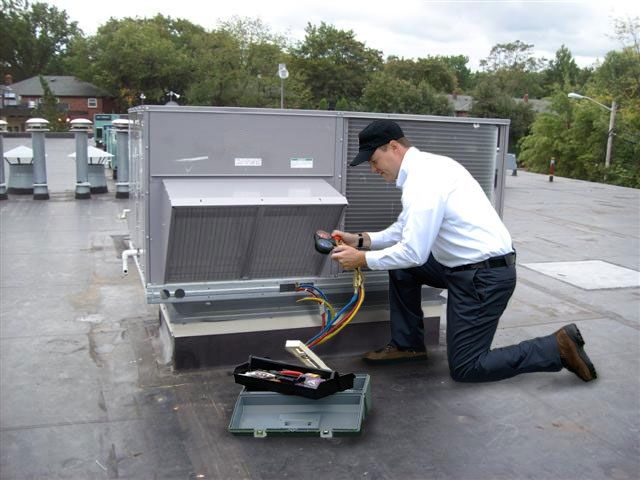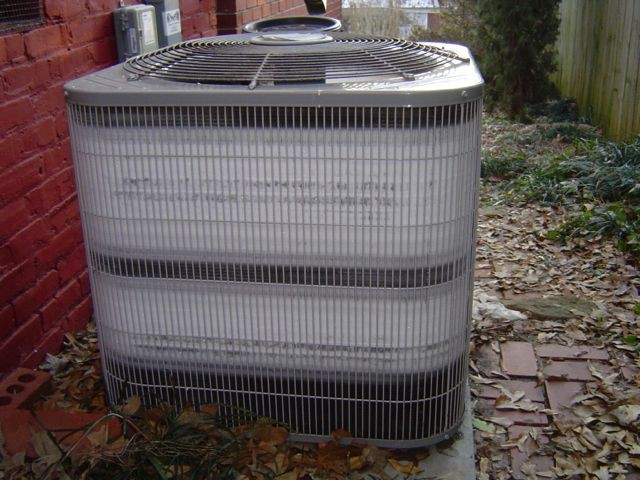When the summer heat arrives, your air conditioning (AC) system becomes a savior, providing cool and comfortable indoor spaces. However, your AC can do more than just regulate temperature; it can also play a significant role in improving indoor air quality (IAQ). In this blog post, we’ll explore how you can use your AC system to enhance IAQ and ensure that you and your family breathe fresh and healthy air indoors.
Understanding Indoor Air Quality (IAQ)
Before we dive into how your AC system can improve IAQ, let’s understand what IAQ is and why it’s important. IAQ refers to the quality of the air inside a building, such as your home. Good IAQ means that the air is clean, free from pollutants, and safe to breathe. Poor IAQ, on the other hand, can lead to health issues, including respiratory problems, allergies, and even long-term health concerns.
Common indoor air pollutants include:
- Dust and Allergens: These can come from various sources, such as outdoor air, pets, or indoor activities.
- Mold and Mildew: Moisture can lead to the growth of mold and mildew, which release spores into the air.
- Volatile Organic Compounds (VOCs): These are emitted by household products like paints, cleaning agents, and certain types of furniture.
- Smoke: Whether from tobacco or cooking, smoke can significantly impact IAQ.
- Pollen: Outdoor pollen can enter your home and affect IAQ, especially during allergy seasons.
- Bacteria and Viruses: These can be present in indoor air and potentially lead to illnesses.
How Your AC System Can Improve IAQ
Your AC system can be a valuable ally in the battle for better IAQ. Here are several ways you can leverage your AC system to enhance indoor air quality:
1. Use High-Quality Air Filters:
The first line of defense against airborne particles and pollutants is your AC’s air filter. Make sure to use a high-quality air filter and replace it regularly. Filters are rated on the MERV (Minimum Efficiency Reporting Value) scale, with higher MERV ratings indicating better filtration. A filter with a MERV rating of 11 or higher is typically recommended for good IAQ.
2. Regular Maintenance:
Scheduled maintenance of your AC system is essential. Dust and debris can accumulate inside your HVAC system, diminishing its efficiency and circulating pollutants throughout your home. Regular maintenance by a professional technician ensures that your system remains clean and functions optimally.

3. Consider an Air Purifier:
In addition to your AC’s standard filtration system, consider investing in a standalone air purifier. These devices use advanced technology to capture and neutralize a wide range of indoor pollutants, including allergens, VOCs, and even viruses. Air purifiers can complement your AC system’s efforts to improve IAQ.
4. Manage Humidity:
Maintaining the right humidity levels in your home is crucial. High humidity can lead to mold and mildew growth, while low humidity can cause dry air and exacerbate respiratory issues. Many modern AC systems have humidity control features, or you can use standalone humidifiers or dehumidifiers to manage humidity levels effectively.
5. Ventilation:
Proper ventilation is key to reducing indoor air pollutants. When weather permits, open windows and doors to let in fresh outdoor air. Additionally, consider installing an energy recovery ventilator (ERV) or heat recovery ventilator (HRV) in your HVAC system. These devices exchange stale indoor air with fresh outdoor air while preserving energy efficiency.
6. UV-C Light Systems:
Some AC systems offer UV-C light systems, which use ultraviolet light to kill bacteria, viruses, and mold spores in the air. While these systems can be effective, they may require professional installation and maintenance.
7. Avoid Smoking Indoors:
If anyone in your household smokes, encourage them to do so outside. Smoking indoors is a significant source of indoor air pollution and can have severe health consequences.
8. Keep Your Home Clean:
Regular cleaning can help reduce indoor air pollutants. Vacuum carpets and rugs, dust surfaces, and clean bedding regularly. Use a vacuum cleaner with a HEPA filter to trap allergens effectively.
9. Choose the Right Air Fresheners:
Be cautious when using air fresheners, scented candles, or other fragranced products. Many of these contain VOCs that can degrade IAQ. Opt for natural, fragrance-free alternatives if possible.
Conclusion
Improving indoor air quality is essential for your family’s health and well-being. Your air conditioning system can play a significant role in achieving better IAQ by filtering out pollutants, managing humidity, and promoting ventilation. Additionally, consider investing in air purifiers and UV-C light systems to enhance the effectiveness of your AC system. By taking these steps, you can ensure that your home is not only comfortable but also a safe and healthy environment for you and your loved ones. Hire a good air conditioner repair service at this link.


